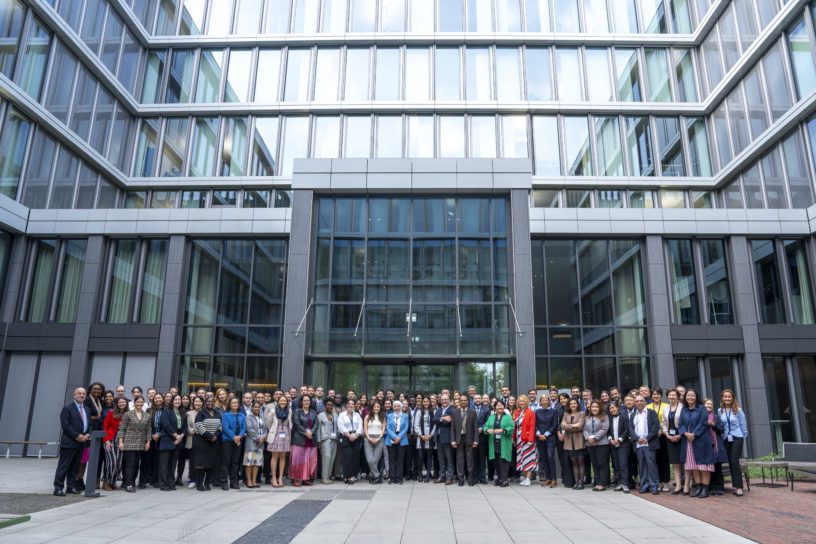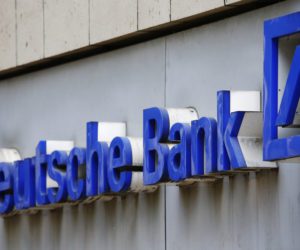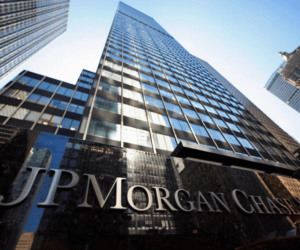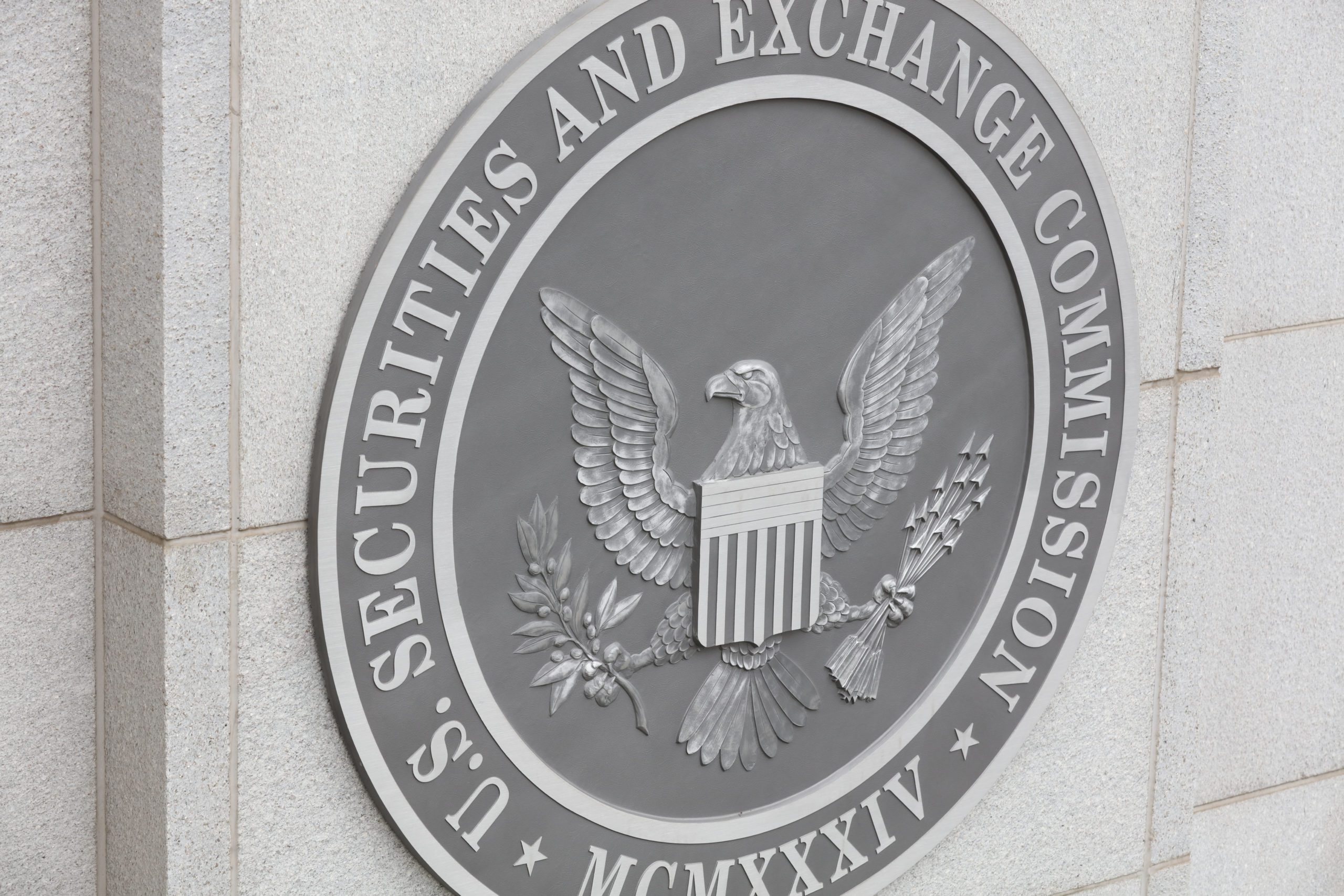By Alisha Houlihan for AMLi
In an effort to strike a balance between mitigating terrorist financing risks and promoting the financial inclusion of civil society, high-level representatives from diverse sectors gathered in Bonn, Germany.
The “Risk and Consequence: The Future of FATF Recommendation 8 for Financial Integrity and for Civil Society,” conference addressed the unintended consequences of anti-money laundering and countering terrorist financing measures on non-profit organizations (NPOs).
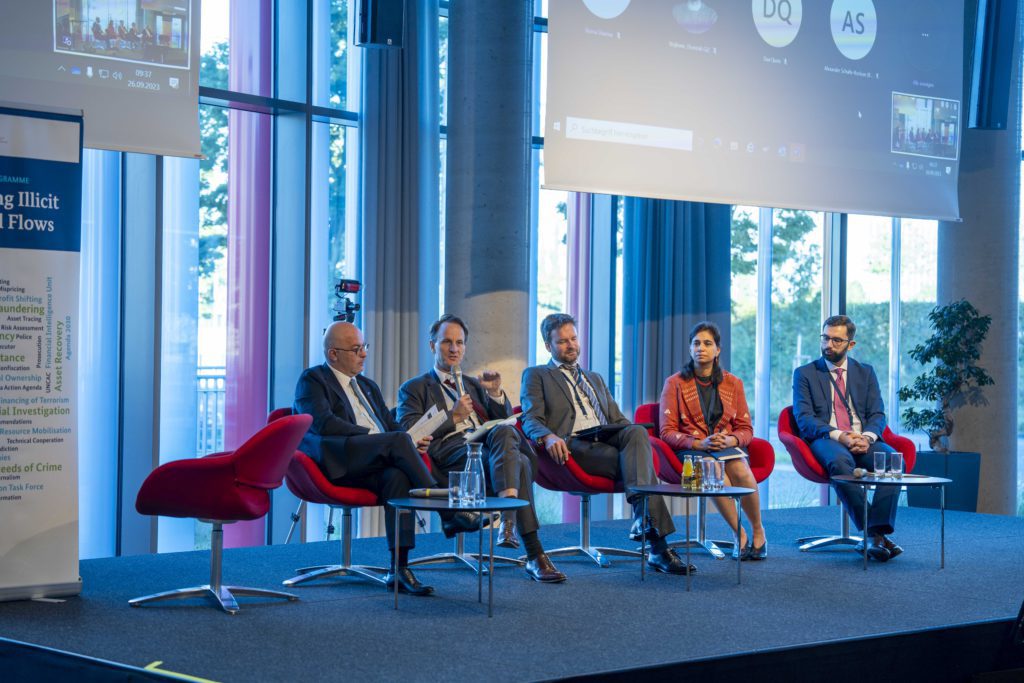
• Emile VAN DER DOES DE WILLEBOIS, Financial Integrity Lead, World Bank
• Ben EVANS, Co-founder and Senior Associate at Greenacre Group
• Sangeeta GOSWAMI, Representative of Global NPO Coalition on FATF
• Ivan KANTARDJISKI, Advisor at GIZ Combating Illicit Financial Flows
The conference was hosted by GIZ’s Global Program Combating Illicit Financial Flows (GP IFF), in collaboration with the European Union Global Facility AML/CFT and the Global NPO Coalition on the Financial Action Task Force (FATF).
Day one featured opening addresses by Jochen Steinhilber (Director-General for Policy Issues, BMZ), Dr. Petra Warnecke (Head of Africa Department, GIZ), and Violaine Clerc (Executive Secretary, FATF).
The conference’s key findings underscored the importance of collaborative efforts, risk-based strategies, and sustained multi-stakeholder dialogue in effectively implementing the FATF standards.
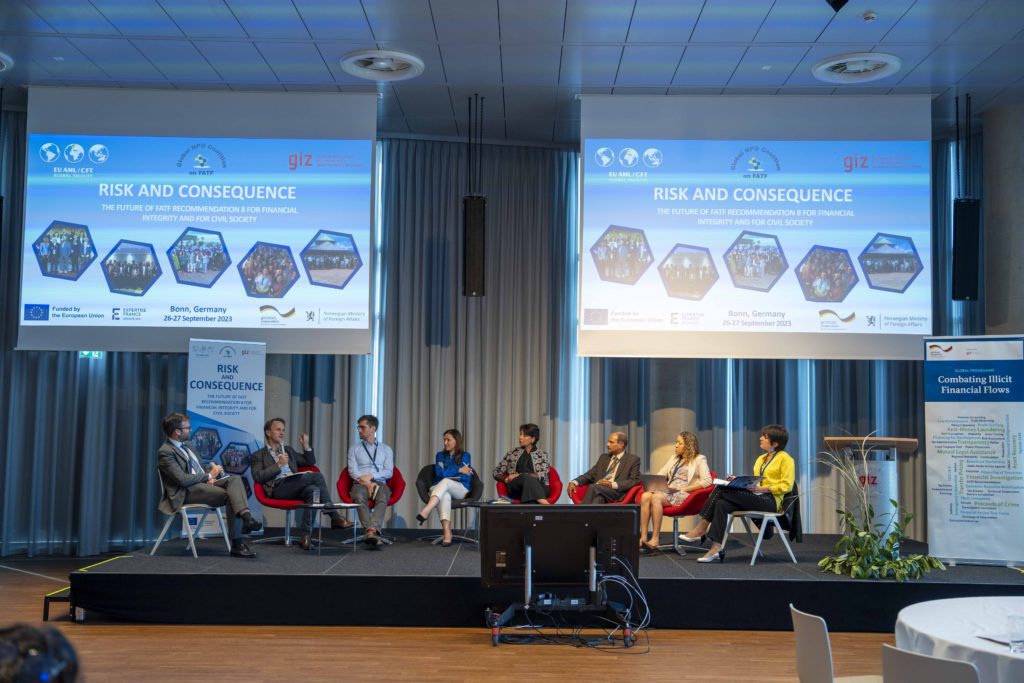
• Emile VAN DER DOES WILLEBOIS, Financial Integrity Lead, World Bank
• Lukas GOLTERMAN, VENRO, Germany
• Mai ELEIMAT, Edmaaj, Jordan
• Juliana HOXHA, Director, Partners Albania
• Vinesh SANASY, Registrar of Associations, Mauritius
•Debra PORT-LOUIS, Deputy Director FIU, Seychelles
• Gabriela PELLON, EU AML/CFT Global Facility expert
Participants emphasised the need for a proportionate and risk-based implementation of the recommendation, with a focus on protecting NPOs from unintended consequences.
Key recommendations included fostering engagement between government and civil society, establishing and sustaining networks with the public and private sectors, and enhancing communication among NPOs, governments, regulators, and financial institutions.
Share this on:
Follow us on:

